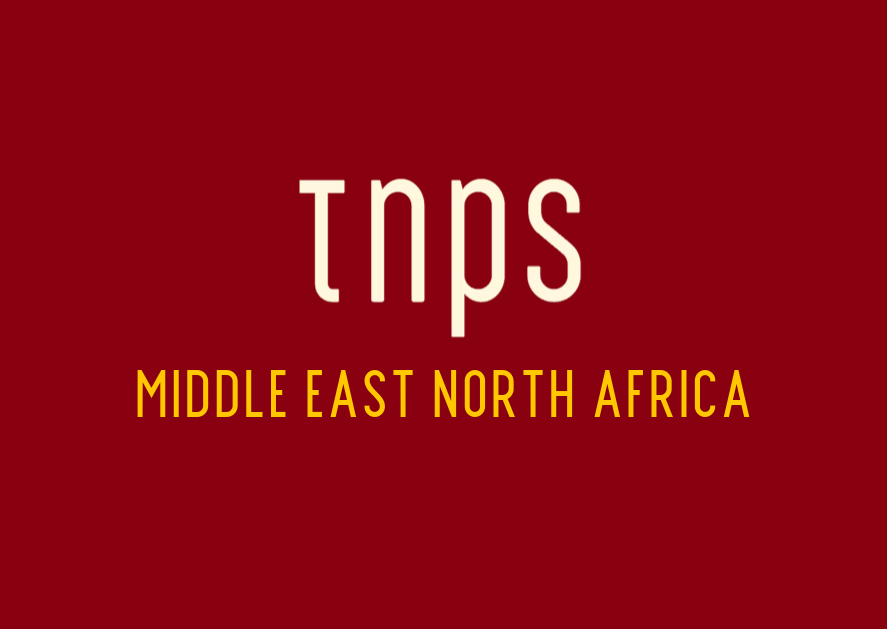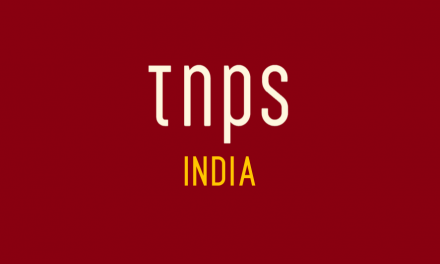As with all outcast and unstable states, whatever the causes, there are real people struggling and suffering, and for our own industry concerns, real publishers, real readers, and somewhere down the line real opportunities.
Lost in the shadow of Frankfurt and Sharjah, the rest of the world ‘s publishing events go unremarked as always. Take this event in Libya, for example.
The recent cultural symposium, held at the Fourth Benghazi International Book Fair, emphasised the pivotal role of culture in fostering national unity and identity in Libya.
The event, organised by the Libyan Center for Local Cultures, brought together prominent figures, including House of Representatives member Muhammad Douma and former Egyptian Ambassador Muhammad Al-Naqri, to discuss the significance of cultural diversity in shaping the nation’s fabric.
Embracing Diversity, Strengthening Unity
The symposium highlighted Libya’s rich cultural heritage as a source of strength, rather than division. Director of the Libyan Center for Local Cultures, Monther Al-Faqihi, emphasised that Libyan culture represents an integrated national fabric, reflecting a unified identity despite its diverse components. This unity is crucial in consolidating values of citizenship, national reconciliation, and social cohesion.
A Comprehensive National Cultural Project
The symposium concluded with a call for a comprehensive national strategy to promote cultural integration, rooted in Libya’s rich heritage. This initiative seeks to establish “unity in diversity” as a national concept, enhancing cultural awareness and fostering a sense of belonging among Libyans. By embracing culture as a bridge of communication, so the argument runs, Libya can achieve rapprochement and national reconciliation, ultimately strengthening its nationhood.
The View From The Beach
One can but hope. Libya is one of those unfortunate states that seems to attract meaningful support from neither the west, still smarting over the Gaddafi years, its immediate richer Arab neighbours, nor its sub-Saharan fellow African countries.
But as with all outcast and unstable states, whatever the causes, there are real people struggling and suffering, and for our own industry concerns, real publishers, real readers, and somewhere down the line real opportunities.
This post first appeared in the TNPS LinkedIn newsfeed.





